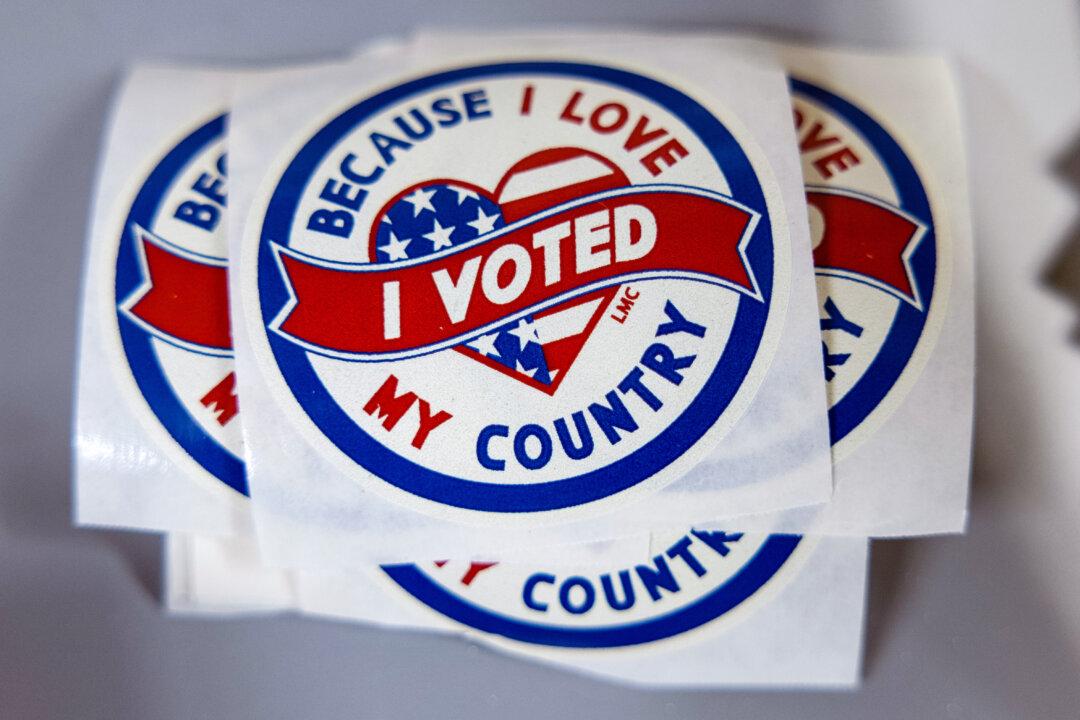Commentary
To paraphrase President Theodore Roosevelt, to declare that there must be no criticism of your political party, that you are to stand with the party, right or wrong, is unpatriotic, servile, and morally treasonable to the country.

To paraphrase President Theodore Roosevelt, to declare that there must be no criticism of your political party, that you are to stand with the party, right or wrong, is unpatriotic, servile, and morally treasonable to the country.